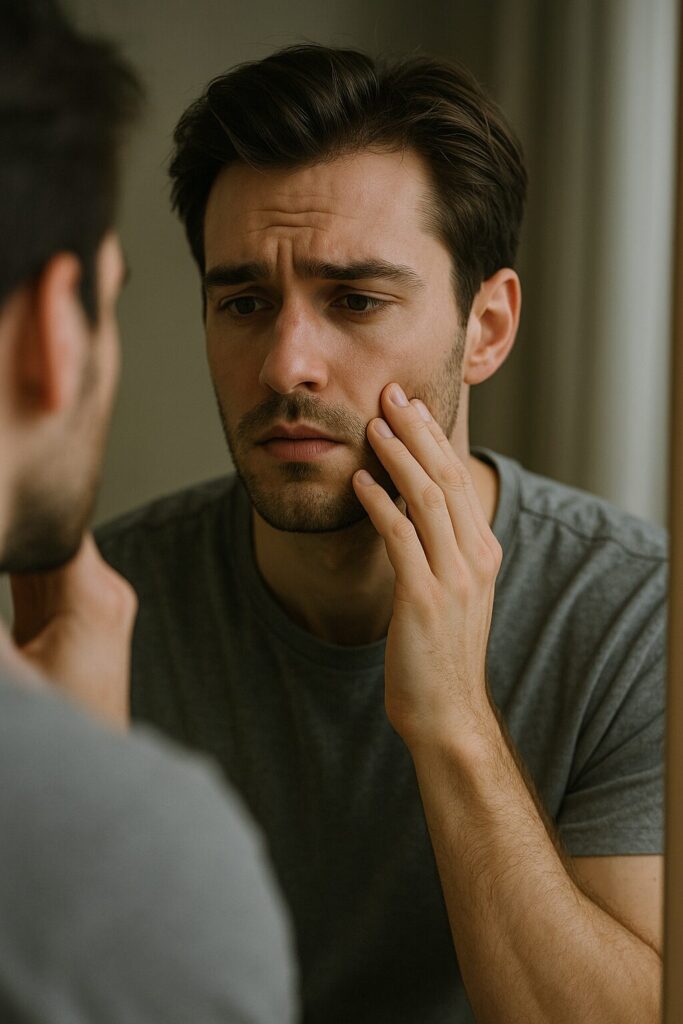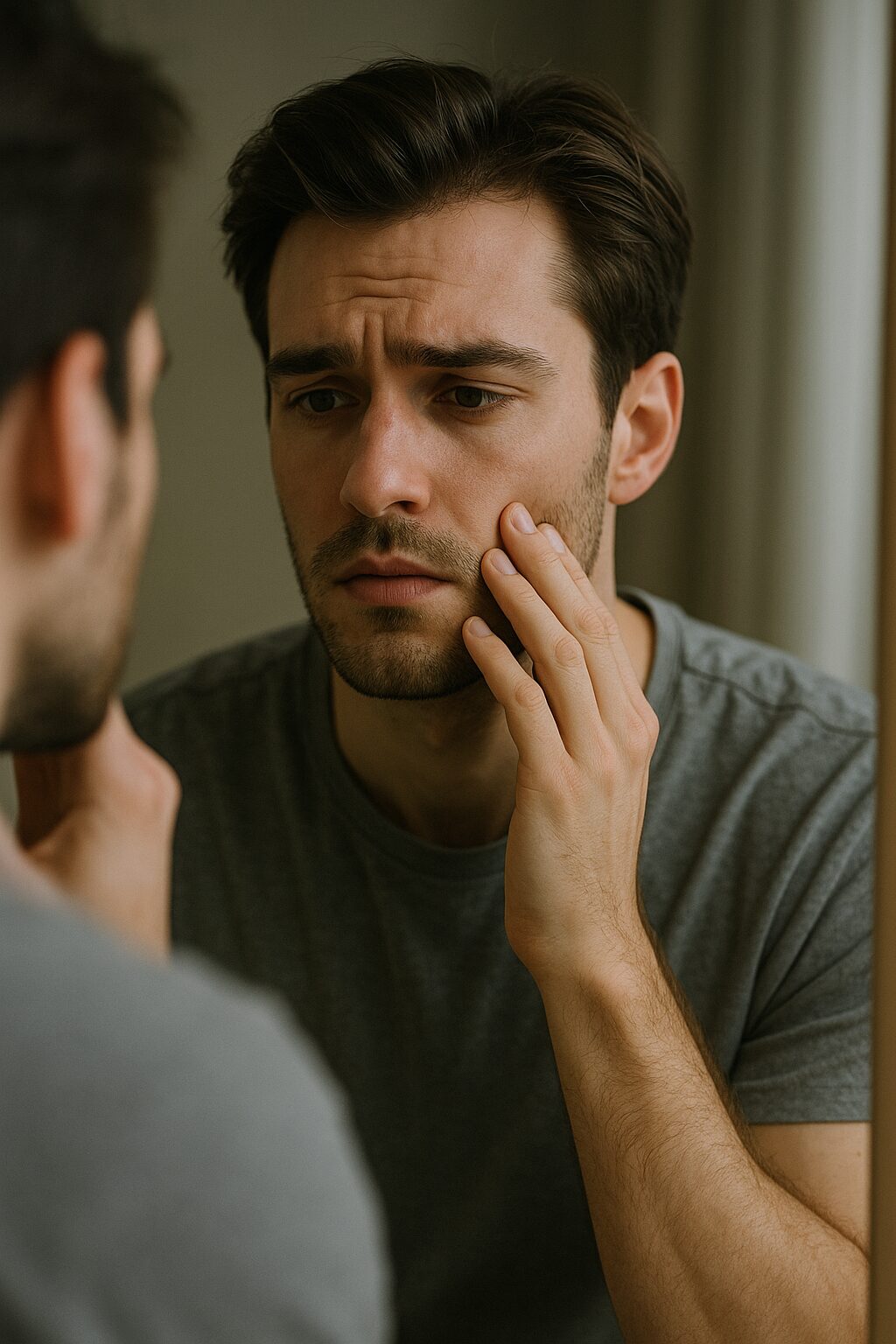Have you ever experienced cracked lips that just won’t heal or recurring mouth sores that make eating uncomfortable? These may not simply be seasonal dryness but could signal a deficiency in Vitamin B2, also known as riboflavin. While it often gets less attention than other vitamins, B2 plays a vital role in maintaining both skin integrity and oral health. This article explores how Vitamin B2 supports your body and why making sure you get enough can improve your daily comfort and well-being.

1. What is Vitamin B2 (Riboflavin)?
Vitamin B2, or riboflavin, is a water-soluble vitamin that helps convert carbohydrates, fats, and proteins into energy. It also acts as a coenzyme in various biochemical reactions, supporting cell growth and repair. Since the body cannot store large amounts of riboflavin, regular intake through food or supplements is necessary.
2. Skin Health Benefits
One of the most noticeable signs of riboflavin deficiency is skin problems such as dryness, cracks around the nose, or rashes. Riboflavin contributes to tissue repair and helps maintain the skin’s natural barrier. Ensuring enough intake may support smoother, more resilient skin and protect against irritation caused by oxidative stress.
3. Oral Health Support
Vitamin B2 plays a key role in maintaining a healthy mouth. Deficiency can lead to angular cheilitis (painful cracks at the corners of the mouth), glossitis (inflamed tongue), and frequent mouth ulcers. These symptoms are not just cosmetic but can interfere with eating and speaking. Adequate riboflavin supports oral tissue repair and reduces discomfort.
4. Antioxidant Role
Riboflavin supports the body’s natural antioxidant systems, such as glutathione. This protection helps reduce oxidative stress that damages skin cells and oral tissues. By strengthening these defenses, B2 contributes to long-term skin vitality and oral resilience.
5. Food Sources of Vitamin B2
Fortunately, riboflavin is present in a variety of foods. Good sources include eggs, milk, yogurt, lean meats, almonds, and green vegetables such as spinach and broccoli. Whole grains and fortified cereals also provide an easy way to boost daily intake.
6. Supplementation Considerations
Most people can meet their needs through diet, but supplements may help individuals with limited food variety, certain health conditions, or higher nutritional demands. It is important to avoid excessive doses without medical guidance, as balance is key to overall health.
🙂
Vitamin B2 may not be as famous as Vitamin C or D, but its role in skin and oral health is essential. From keeping lips smooth to preventing painful mouth sores, riboflavin works quietly to protect your comfort and well-being. By choosing nutrient-rich foods or supplements when needed, you can ensure your body receives the support it needs every day.
Sources
– National Institutes of Health (NIH): Riboflavin Fact Sheet
– World Health Organization (WHO): Micronutrient Information Centre
– American Dental Association: Nutrition and Oral Health
Disclaimer
This article is for informational purposes only and is not a substitute for professional medical advice. For personalized guidance, please consult a qualified healthcare provider.
